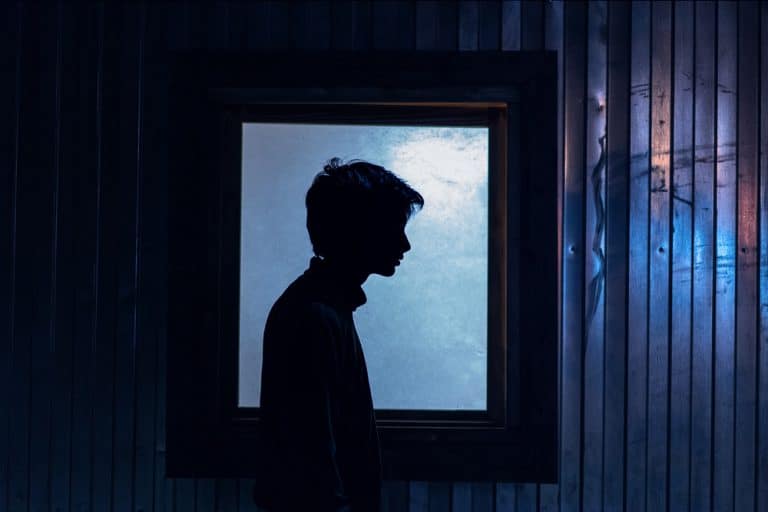Chattanooga, Tennessee, partners with hate speech database Hatebase to solve its increasing hate crime issue
Chattanooga, Tennessee, also called the Scenic City, is known for a number of things, from its beautiful surroundings to its 10-mile riverwalk down to the Tennessee Aquarium and its (apparently) delicious southern food. Yet, Chattanooga has recently gained attention for something very different; since 2015, it has also infamous for the killings of several people after known Muslim, Muhammad Youssef Abdulazeez, went on a killing spree at two US military facilities. While Chattanooga is one of Tennessee’s fastest-growing cities, according to the FBI, it also ranks number nine among all US cities for highest rate of hate crimes. But the city has a plan; by partnering up with Hatebase, the world’s largest database for hate speech terms, it intends to solve its hate crime problem.
According to the Tennessee Bureau of Investigation, hate crimes within the state increased 10.5 per cent from 2016 to 2017. In 2017, the agency received 199 statewide reports involving 315 victims, an increase from the 180 reports in 2016. Of those reports, 56.8 per cent included racial, ethnicity and ancestral bias. Tensions between Americans, primarily white Americans and Muslims, have remained high since the 11 September terrorist attack in New York City and Washington D.C. When you couple that with the 2015 shooting and the election of an openly racist and sexist bigot for president in 2016—an increase was bound to happen.
The Muslim population in Chattanooga constitutes a small, tight-knit community. Members of this community have since tried to right a wrong that isn’t theirs to right, while continuing to fall victim to hateful slurs and attacks. Coincidentally, statistics show that counties that held a 2016 Trump rally saw a 226 per cent increase in reported hate crimes compared to those that did not. Chattanooga is, of course, one of these cities. So how are cities like Chattanooga able to address such an imminent problem? And what exactly are they hoping to accomplish?

In November 2019, the city launched an initiative that encourages people to anonymously report hate speech through an online forum. Whether it’s something you see, hear or experience directly or indirectly, the Chattanooga government, in partnership with Hatebase, a Toronto-based company that serves as the world’s largest repository for hate speech across 200 countries, created a simple form that allows you to indicate the term used, note whether it was directed towards you or somebody else, define the term and give the language in which the term was spoken.
Because of its high ranking status, Chattanooga is of the first US cities to record hate speech using this method. “We’re hoping to collect this data over the next several years to develop a baseline and better understand hate speech and reduce the likelihood that it graduates from speech to violence in our community,” explained Kerry Hayes, deputy chief of staff to Chattanooga Mayor Andy Berke in Chattanooga’s local newspaper.
Every night, the city pulls together what has been collected and adds it to a data-set used to monitor hate speech within these marginalised communities. The overall goal is to identify correlations between the racial slurs being used and the actual hate crimes being committed. The partnership between these two entities also hopes to correct the city’s persistent problem of poor and inconsistent reporting to local law enforcement agencies, although the primary goal is to stop massive acts of violence before they happen.
If this works for the city, this could mean that soon enough we will be able to, potentially, use hate speech as a predictor for regional violence. And for those of you who remain suspicious of Hatebase and its method’s accuracy, it has already successfully been used as an early warning system for armed ethnic conflicts in Kenya, Uganda, Burma and Iraq. So what if in 2020—or maybe in the coming decade—we finally solved hate crimes?





